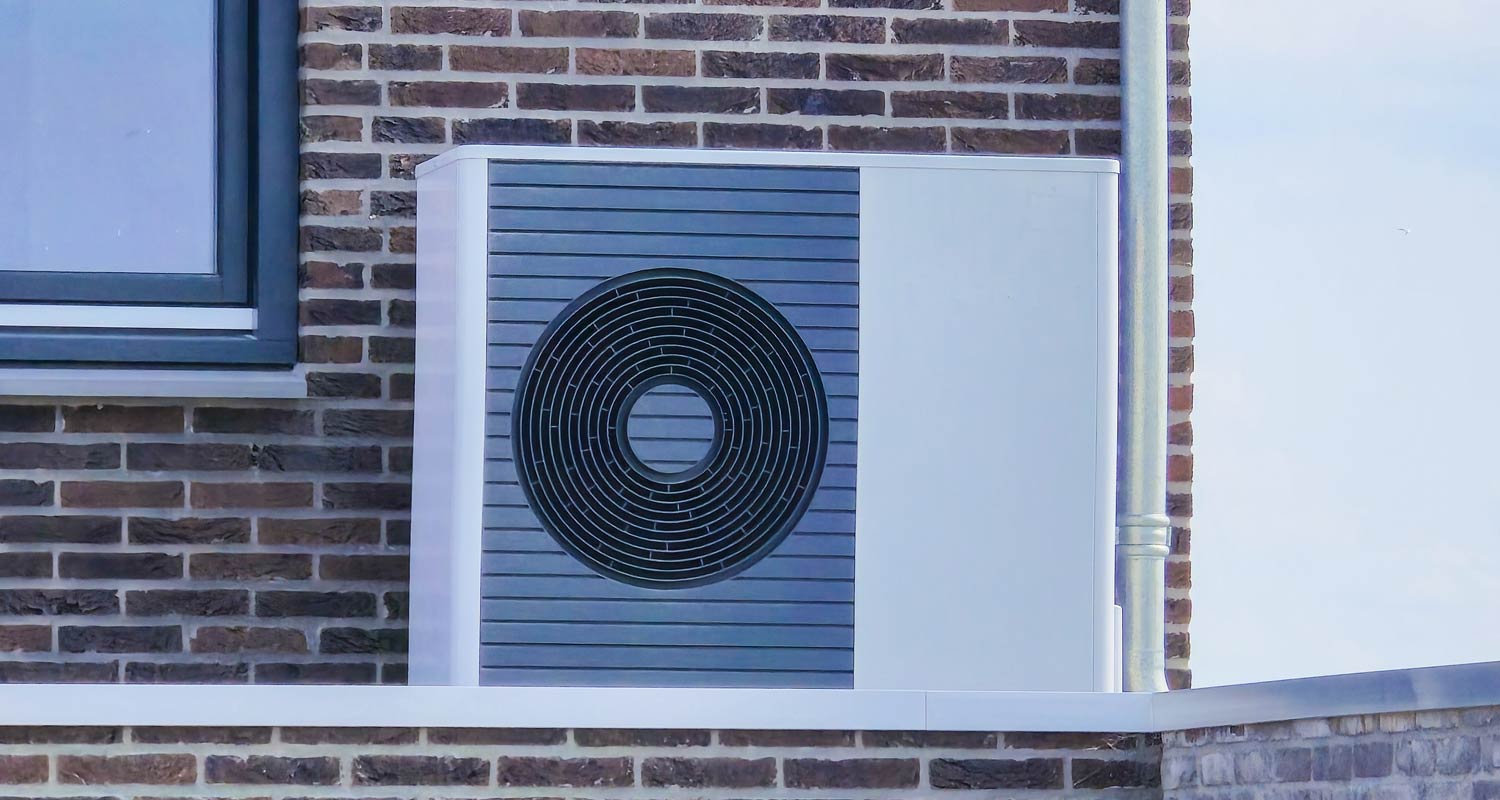As clichéd as it may sound, South Africans really are blessed with fantastic weather – we benefit from a temperate and livable climate that has led to a number of our cities frequently appearing on lists of places with the most pleasant environments.
But despite the great weather, you may be forgiven for thinking that our seasons have grown more erratic, with the past decade producing an ever-greater number of heatwaves, cold fronts, floods and droughts, leaving us to ask colleagues and friends: “It wasn’t this warm last year at this time, was it?”
Fortunately, we are not going insane, nor are we being gaslighted; but unfortunately for humanity, the change is real, and we are not alone in noticing changes to our weather and climate. Globally, as the weather grows more erratic, citizens across borders demand that action be taken by their governments to slow or halt the damage.
South Africans may be more sensitive than most nations when it comes to the topic of power. More than 15 years of the threat of load shedding becoming a permanent feature in our lives has put energy conservation, and the associated costs of electricity use, front and centre among South Africans (along with a healthy dose of distrust and a newfound acceptance of the dark).
We are more aware of our impact on our national power supply than the denizens of a stable European nation, with many of us having altered our behaviours and daily lives to adapt to rolling blackouts in the past, which serve as a threat of things to come if we don’t take deliberate steps to resolve our energy insecurity today.
The heat pump
But that is exactly where we, as South Africans, differ from those living in more stable and developed states – where they protest, picket and lobby to prevent crossing a point of no return, we struggle against what has already come to pass. Both sides can learn from one another; our practical necessity in the face of an ailing power grid has proven that our bottom-up ingenuity can drive concerted change, whereas those abroad have shown that top-down societal imperatives are important for creating stopgaps and incentives to ensure long-term energy stability.
Case in point: consider the heat pump. For the non-technically minded, the technology is nothing short of magical, acting as both a source of heating and cooling at a much more efficient rate than traditional air conditioners and electric heaters. In short, a heat pump moves heat from one point to another – thus cooling by removing heat and warming by transferring heat to where it is needed. And heat is more common than we think – even when it’s cold outside, the frigid air is dripping with thermal energy primed for use; unless it is absolute zero (or –273.15°C), there is heat to be used. Like I said, magic.
Read: ‘South Africa can’t afford this’: Eskom price hike plan under fire
But most impressively is the energy conversion rate: an optimal and efficient system can produce mindboggling results, producing more heat per unit of fuel burned at a power plant than can be produced by burning that same fuel in your home.

While we all push incrementally to reduce our carbon footprints and power usage, technologies such as these are indispensable. This is where the proactive approach of European nations is a source of inspiration and imitation. Given the energy-efficient potential of heat pumps, many European governments have introduced subsidies for their installation in homes. Installing a water heater, such as a geyser, is significantly cheaper than a heat pump – but recognising the long-term benefits (from lower utility costs to saving the planet), subsidies for their installation have been rolled out across the continent. In England and Wales, the Boiler Upgrade Scheme and heat pump grants provide an affordable way for citizens to replace legacy heating systems by covering up to 75% of the costs involved. Even in Scotland, where the initiative is not available, zero-interest loans are available for conversion efforts.
Read: Eskom threatens to cut off Joburg
In France, which has deployed and installed the greatest number of heat pumps in Europe, subsidies are even higher than those in Britain, making the choice to buy heat pumps and gas heaters equivalent options. However, these are not isolated instances: the trend is prevalent in Germany, Lithuania, Spain, Croatia, Ireland, Czechia, Austria, the Netherlands, Denmark and Norway, with other nations’ governments contemplating similar efforts across the medium term. This phenomenon exemplifies the marriage of ingenuity and policy, with efforts aimed at improving both the supply and demand of our power usage.
Domestically, we have both the ingenuity and drive to achieve similar results, but we lack concerted government action on this front. This is despite the implicit acknowledgment and understanding by all involved that our power grid requires smart solutions on both ends: the South African National Standards regulations (10400-XA) repeatedly highlight the need for smart sensors and metering solutions, while the government’s short-lived tax incentives concerning solar installations led to a boom in solar uptake across the country (resulting in a reduction of strain on Eskom’s networks).
So, why not combine the two by promoting smart in-home technology-driven solutions for all South African homes through government incentives such as subsidies or tax breaks?
To ensure the long-term sustainability of South Africa’s power grid, the government must adopt proactive subsidy programmes that encourage the use of energy-efficient technologies. By investing in such initiatives, we can leverage our local ingenuity and the lessons learned from Europe’s successful models.

This approach will not only alleviate pressure on the national grid but will also promote environmental responsibility and economic efficiency. We owe it to ourselves and the generations to follow to eradicate power insecurity once and for all while simultaneously preventing further climate instability. We may learn from Europe’s approach to instilling lasting change. But let’s not mimic their weather.
- The author, Mark Allewell, is CEO of Sensor Networks
Get breaking news from TechCentral on WhatsApp. Sign up here





